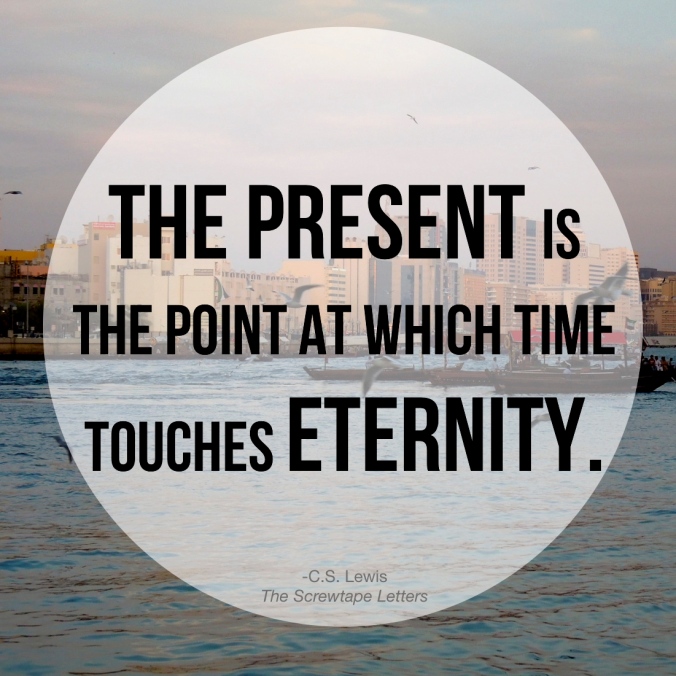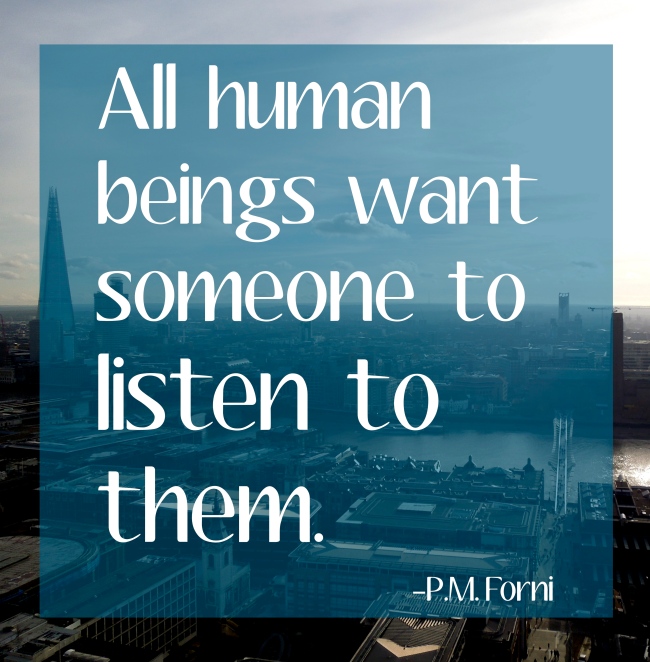
This point is the one that I feel perhaps least qualified to discuss and the most in need of myself. Thinking the best of other people has never been a natural strength of mine. To be honest, I am far too often judgmental and critical and I jump to all the worst conclusions. And I know it’s wrong, I’m fully aware how horrible it will make me feel, and still I keep finding faults. Keep staring at the speck in my neighbor’s eye. Why?
Because I’m insecure.
I recently realized what I probably should have noticed long ago: That the days when I find the most to dislike in other people are the days when I’m feeling the most inadequate and inexperienced and dull and plain.
This is perhaps one of the saddest parts of being human in a fallen world is the nagging sensation that if someone else is doing well, it somehow takes away from my own well-being. Or that the existence of beautiful people diminishes my own appearance. Or that I can’t really be smart if someone else is getting better grades than me.
And so instead of celebrating goodness, and fortune, and beauty, and intelligence- we try to bring people who have those traits down a notch or two. Try to find their weaknesses and expose them. For no other reason than to feel for a few seconds that we are not so ordinary and insignificant ourselves.
Or we seek out the people who aren’t living up to our standards and criticize them. Her choices, his lifestyle, the way she just doesn’t handle things the way I would if I were her. Because we get a few moments of satisfaction out of putting them in their proper place- just below us.
And this endless, pointless competition drags on, infiltrating our schools, our workplaces, our families, our churches, and our friendships. We know that we aren’t likely to win (we don’t really know what constitutes winning anyways), but we sure-as-the-sun-will-rise are not going to let her beat us. And instead of enjoying our journey we become obsessed with checking our standings, determined not to fall behind or let anyone else move ahead.
So we turn ourselves into competitors when we were always meant to be teammates.
At one time we too were foolish, disobedient, deceived and enslaved by all kinds of passions and pleasures. We lived in malice and envy, being hated and hating one another. But when the kindness and love of God our Savior appeared, he saved us, not because of righteous things we had done, but because of his mercy. (Titus 3:3-4)
God’s love is what allows us to escape from that endless cycling between pride and self-loathing, because in His love there is no competition. There is no one beautiful enough or good enough or spiritual enough to get ahead in God’s eyes, nor is there anyone too dirty or too foolish or too human to be loved completely.
And so thinking the best of others starts with simply thinking of yourself realistically. You are infinitely loved. I’ve said it before, but it can never be repeated too often. You are loved infinitely and unconditionally by the One who both created and redeemed you.
You are also human. You are a foolish, willful, deceived human. For all your best efforts, you are going to fail sometimes. Accept both the love and failure equally. And celebrate the God who loves you with all your faults still loudly asserting themselves.
The next thing is to check your own heart. Is your judgment of someone being colored by your jealousy? Are you just basing your opinion on rumors? Are you feeling threatened that they may take something from you? Are you criticizing people for something you know yourself to be guilty of? We can never really change the way we think about people- and in turn how we treat them- until we deal with our own baggage.
Thinking the best of others does not mean foolishly ignoring warning signs when someone doesn’t have your best interests in mind, and it doesn’t mean being unthinkingly trusting. Not everyone will be worthy of your trust and respect.
But it might mean giving someone the benefit of the doubt, instead of assuming the worst. It might mean allowing yourself a second or third chance after a bad first impression. It might mean telling yourself that maybe she really did mean well (even when you don’t think she did). Or choosing to focus on the good qualities of a co-worker or family member, instead of fixating on an annoying quirk.
Thinking the best is hard. It requires intentionality. There are times when the only way I can think the best of someone who seems to be criticizing me is by literally repeating in my head “She means it in a nice way. She means it in a nice way,” until I start to believe it.
But thinking the best of people is worth the effort. You can drop out of the race, because you finally see that there will never be a winner. You can meet new people and enjoy what you have in common, instead of worrying that they may be better than you in some way.
We will always find what we look for. If we look for reasons to dislike people, we will find plenty. But my theory is that if we instead look for reasons to like people, we will find more than enough.










